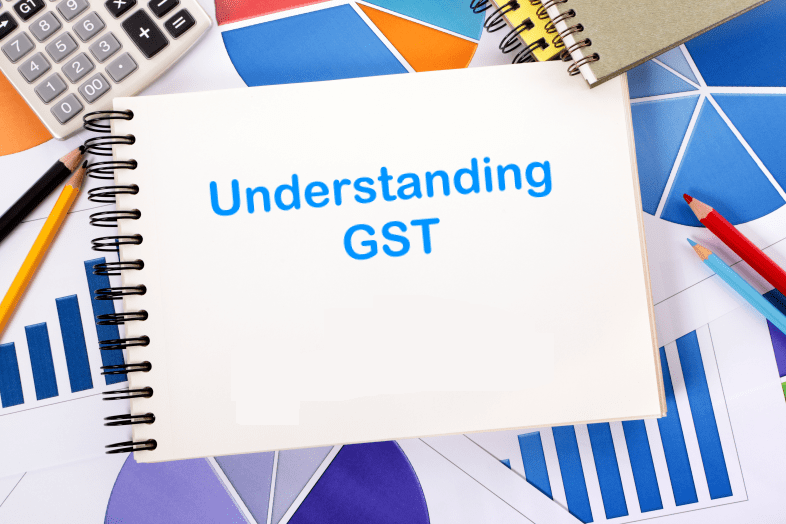
Since the introduction of Goods and Services Tax (GST), early-day jitters have given way to general acceptance that this may not be the most perfect single tax system, but with each passing day the alterations and modifications introduced in GST regime has made it feasible to be accepted with open arms by the people. However, understanding the diversified provisions inculcated in this Act can be challenging for some. Two such provisions are explained in detail as follows:
Place of Supply (PoS)
A comprehensive, destination based tax, GST was introduced as an indirect tax on the supply of goods or services for the entire country to mitigate double taxation issues practiced earlier. It is levied on value added at each stage to any good or service. Since GST came into effect, various amendments came into force from time-to-time so that a uniform tax prevails in a country.
For the purpose of levying GST, one of the major criteria taken into consideration is PoS. To prevent incorrect allocation of GST revenue, the Directorate General of Audit (DGA) scrutinized the accounting software of large service providers like telecom companies and banks. As a result of apprehension of some states that the service providers might not be depositing the tax collected from customers to the state exchequer where they are rightfully due, instead submitting them to some other state where they are not due as per rules and regulations laid down in GST related to PoS. PoS rules instruct that taxes are paid at the place of consumption. However, in case of services it becomes arduous to identify the place of consumption hence, GST regulations laid down elaborate rules for appropriation of taxes by states.
Some of the perplexities are deciphered as follows:
Similar regulations for other services including insurance, passenger transportation and transportation of goods are laid down.
TDS and TCS credit
As introduced by Central Board of Excise and Customs (CBEC), every person who has registered for GST must file a monthly return in form GSTR 3B, including nil returns, for the month of July and August in September for each Goods and Services Tax Identification Number (GSTIN) one has. Cumulative values for each field are mentioned in this form and no invoice level information is required.
While filing GSTR 3B, one must check their Tax Deducted at Source (TDS) and Tax Collected at Source (TCS) credit in Goods and Services Tax Network (GSTN) portal
Both, TDS and TCS have distinguished tabs on GSTN website under the heading of “returns”. This requires reconciliation on monthly basis as of October 2018, accepted on portal and filed with Digital Signature Certificate (DSC) or Ethernet Virtual connection (EVC) for proprietors as well as dealers separately. Once filed, TDS & TCS credit will reflect in respective electronic cash ledger and can be utilized for payment of any outward tax liability. It is treated as cash for dealers and necessitates reconciliation.
Tax experts at AJSH can help your business get GST ready. We help you from GST registration to filing and reconciliation of your GST returns all under one roof. Know more about our GST managed services by clicking here. We also render services related to setting up business in India, company formation in India, taxation, accounting and bookkeeping and statutory audit.
To understand the basic concepts of GST audit and related queries, visit GST Audits- An overview, GST Audit- eradicating perplexity, Brace yourself for GST Audit.